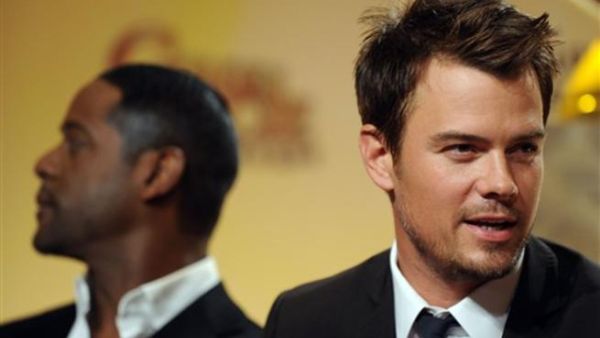On Saturday afternoon, I emerged from the supermarket with two large bags packed to the brim, which my 9-year-old son then insisted on carrying to the car.
As we had parked a good five-minute walk away, I spent some time trying to dissuade him. "My arms are strong," I said. "You're younger and smaller than me and the bags are too heavy for you to carry that far."
"But you don't understand!" he exploded. "I want to help you! I don't want you to have to carry them!"
Feeling of accomplishment
Without pausing to rest for so much as a second, he staggered with them all the way to the car and then, for good measure, heaved them into the boot. The look of triumph on his face as he did so said it all. Mission accomplished.
I thought of this yesterday morning on hearing the news that the Ministry of Defence (MoD) has decided that women will not be allowed to fight on the front line. The reason is not so much physical — though it is true that only a few women have the brute strength necessary — as psychological.
On the front line, soldiers fight in small teams and the fact is, says the MoD, that a man who sees a woman injured would instinctively try to save her. The hard truth is that doing so in battle might endanger more lives.
The past few decades have seen men mired in confusion about their role in society. The fight for women's equality was — and still is — essential. But it has left men unsure of their identities in a way that is damaging to both sexes.
No one wins if we pretend men don't need to protect women; it is an atavistic instinct and to deny that — whether by insisting on equality on the battlefield or refusing to let them carry the shopping — is foolhardy and dangerous.
Sadly, we've reached the point where it's commonplace to mock men.
How it all began
It's instructive to chart how this has come about. The Sixties and the Seventies saw men throw off their Fifties' suits and begin their feminisation by growing their hair long and wearing flowery shirts.
In the Eighties, they evolved into New Men capable of cooking quiche and changing a nappy. And by the Nineties and the new millennium, the same men were becoming metrosexual to appreciate the finer points of a woman's wardrobe and understand her mood swings too.
Now, in 2010, the ideal man doesn't even have a label, arguably because he's widely assumed not to be significant enough.
In popular culture, men are often depicted as gormless dolts (Homer Simpson) or well-meaning idiots (Ben Harper in My Family).
Meanwhile, the music charts are dominated by strong, attractive women — Beyonce, Rihanna — who make the running and the demands.
And yet, there is no doubt at all that despite all this, every modern woman — from Beyonce and Rihanna to Marge Simpson and Ben Harper's feisty wife Susan — still wants — indeed expects — her man to step up and protect her and their children from danger, whether from a strange noise in the middle of the night — or war.
What both sexes want is to feel useful and needed. Today, this is easier for a woman to achieve than a man: We care for our children, run our homes, feed our men and often do all that while holding down a successful job as well.
For men, the sense of duty done and sacrifice made is far more difficult to achieve. Understandably, they are terrified of being told they are not wanted or, worse, not needed.
They genuinely don't know if giving up their seat or offering to pay will cause offence. They worry they're not manly enough and at the same time, worry they don't understand us.
They would like to sweep us off our feet but are afraid they will be found wanting.
By banning women from the front line on the grounds that men would instinctively put a female colleague's life before their own, the MoD has done us all a favour by reminding us of an age-old truth: Men need to be men — and, actually, women want them to be men.
I have no problem with a man walking on the outside on my pavement, keeping his sword arm free. I'm happy to admit he's likely to be stronger than me — and even if he's not, as my 9-year-old son patently isn't, I'm still happy for him to want to look after me. It's the thought that counts, after all.








